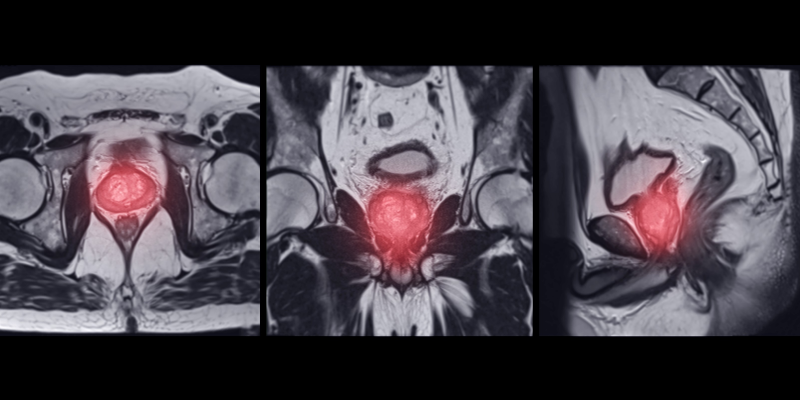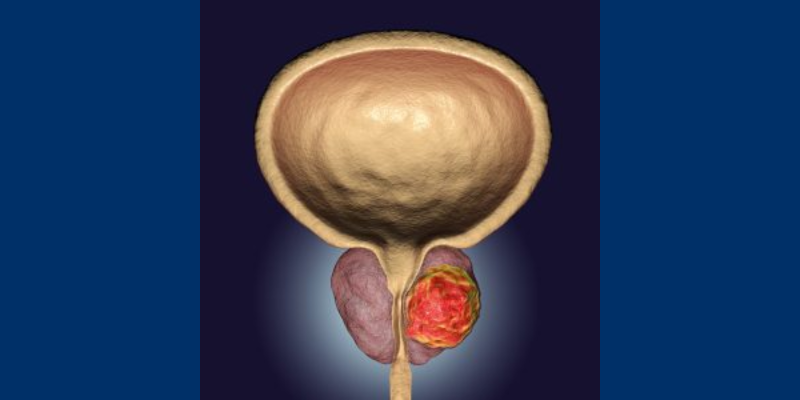Localized
Advertisement
Almost 30% of patients will experience recurrence while undergoing EBRT that will require ADT and salvage therapies.
Dr. James showcases an MMAI model to identify benefit from 2nd-generation ARPIs in hr/nm PCa patients from STAMPEDE.
A novel algorithm identifies patients with high-risk non-metastatic PCa who may benefit from second-generation ARPIs.
Dr. Evan Kovac speaks about his pioneering work with extended reality display technology in urologic surgery and education.
The use of MRI-based monitoring can aid in the avoidance of repeat biopsies, and reduce the chances of undergoing surgery.
Dr. Avudaiappan compares radical prostatectomy with dose-escalated radiation with ADT for the treatment of prostate cancer.
Drs. Posadas and Ambinder reflect on the first AUA guideline update for salvage therapy in prostate cancer in over a decade.
Dr. Marc Dall'Era spotlights the results from a phase 2 trial on neoadjuvant niraparib for DDR-deficient localized PCa.
Research sheds light on the patient-reported outcomes from a 3-year focal therapy program for localized PCa using HIFU.
Hemi-gland cryoablation and HIFU provided acceptable and eminent functional outcomes in patients over a 5-year follow-up.
The combination of ADT and radiotherapy can provide quick benefits in patients with intermediate- or high-risk localized PCa.
Dr. Yerram elucidates the evolving landscape of focal therapy for prostate cancer, emphasizing its ease of adoption.
Dr. Yerram describes his post-HIFU surveillance protocol: regular PSA checks, MRI, and biopsies at defined intervals.
Dr. Yerram explains the use of HIFU and cryotherapy as primary focal therapy modalities, emphasizing a few treatment options.
Dr. Yerram explains how advances in focal therapy technologies over the past decade have driven increased use and acceptance.
Dr. Sonpavde showcases a phase I/Ib clincial trial on the safety of a neoadjuvant darolutamide and relugolix combination.
Dr. Keizman showcases his research on using Decipher for early prostate cancer for USA versus non-USA populations.
Dr. Ghoreifi characterizes the activity of inflammasome genes and their association with oncological outcomes in PC.
Patients with very high-risk disease saw greater benefit from long-term ADT use compared to those with high-risk disease.
Dr. Sanchez-Salas comments on whether PSMA PET is useful for determining optimal candidates for focal therapy.





















 © 2025 Mashup Media, LLC, a Formedics Property. All Rights Reserved.
© 2025 Mashup Media, LLC, a Formedics Property. All Rights Reserved.